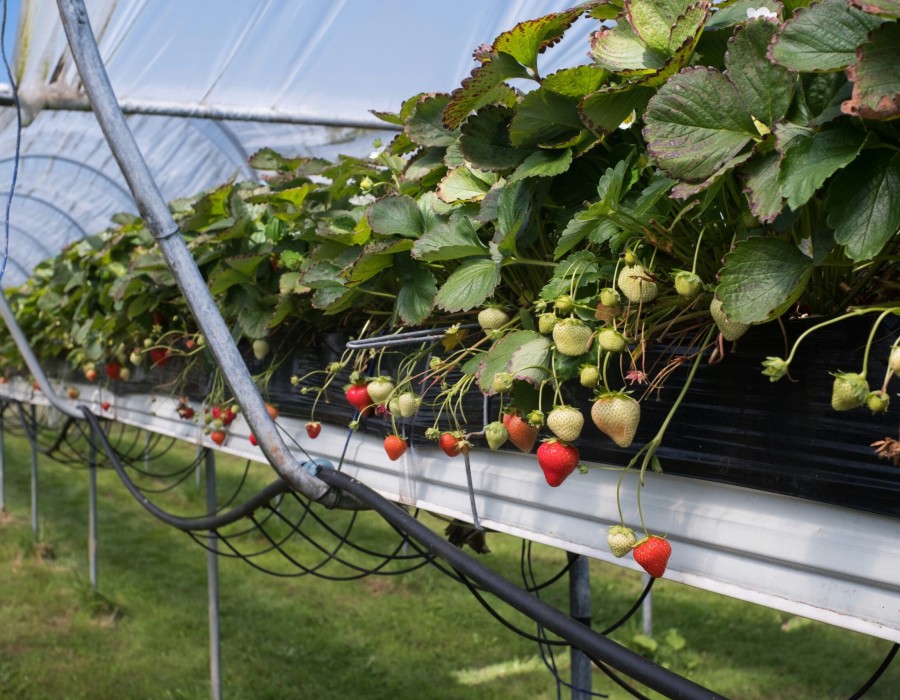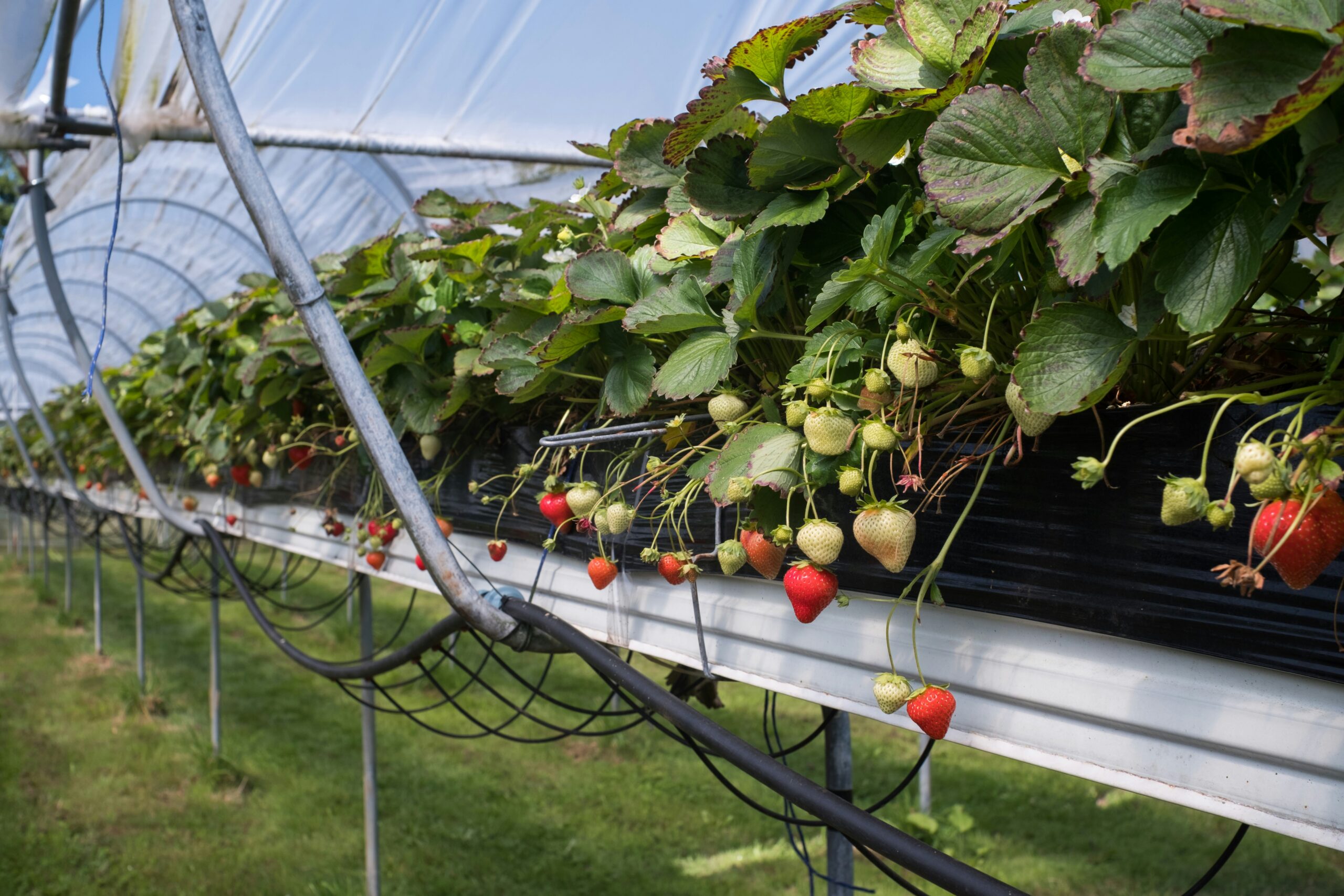Understanding Hoop Houses: A Flexible Growing Solution
A hoop house is a simple yet highly effective structure designed to provide an ideal growing environment for plants. Composed of a series of hoops covered with a polyethylene or other durable material, these structures create a semi-controlled environment that protects crops from harsh weather conditions, pests, and diseases.
One of the primary advantages of a hoop house is its affordability and ease of installation. These structures require minimal investment compared to permanent greenhouses, making them a practical choice for farmers looking to enhance productivity without exceeding their budget. They can be easily customized to suit various crop types, from vegetables to flowers and herbs.
Additionally, hoop houses are instrumental in season extension. By creating a microclimate that moderates temperature and humidity levels, they allow growers to plant earlier in the spring and harvest later in the fall. This advantage is particularly valuable for regions with shorter growing seasons, enabling farmers to maximize their profits.
Commercial Polytunnels: Scaling Up for Success
For larger-scale agricultural operations, commercial polytunnel structures are a game-changer. These robust and spacious tunnels are designed to support intensive farming by offering superior protection and an optimized growing environment.
lly larger and more durable than a standard hoop house, making it suitable for cultivating a wide range of crops, including fruits, vegetables, and even specialty plants. Its reinforced framework and heavy-duty plastic covering provide excellent insulation, creating a stable environment that supports consistent growth and high yields.
One of the standout benefits of commercial polytunnels is their scalability. Farmers can expand their operations by adding multiple tunnels to their setup, accommodating increased production demands. These structures also allow for efficient use of land, making them an ideal solution for both urban agriculture projects and expansive rural farms.
In addition to providing environmental control, commercial polytunnels facilitate the integration of advanced farming technologies. From automated irrigation systems to climate monitoring equipment, these tunnels support precision agriculture practices that enhance productivity and sustainability.
Comparing Hoop Houses and Commercial Polytunnels
While both hoop houses and commercial polytunnels serve to protect crops and improve yields, understanding their differences is essential to choosing the right solution for your needs.
A hoop house is generally smaller, lighter, and easier to install, making it perfect for small-scale operations or hobbyist growers. It is highly adaptable and can be used for a variety of purposes, including seed starting, overwintering plants, or extending growing seasons.
On the other hand, a commercial polytunnel is a more robust and versatile option designed for large-scale production. Its spacious interior and durable construction make it suitable for high-density planting and advanced farming techniques. While it requires a larger initial investment, the long-term benefits in terms of productivity and profitability often outweigh the costs.
Growers should consider factors such as budget, crop type, and production goals when deciding between these structures. Both options offer tremendous value, but the right choice depends on your unique circumstances and long-term vision.
Benefits of Protected Agriculture
Both hoop houses and commercial polytunnels are integral components of protected agriculture, a method that shields crops from external elements while optimizing growing conditions. This approach offers numerous benefits that contribute to sustainable and profitable farming.
One of the most significant advantages is climate control. These structures allow farmers to regulate temperature, humidity, and light levels, creating a consistent environment that promotes healthy plant growth. This control is particularly valuable in regions with unpredictable weather patterns or extreme climates.
Pest and disease management is another key benefit. By acting as a physical barrier, hoop houses and commercial polytunnels reduce the risk of infestations and infections, minimizing the need for chemical interventions. This not only ensures healthier crops but also aligns with consumer demand for organic and eco-friendly produce.
Additionally, these structures improve water efficiency by facilitating drip irrigation and reducing evaporation. They also provide opportunities for year-round cultivation, enabling farmers to meet market demand consistently and secure higher profits.
Maximizing Returns with Advanced Practices
To make the most of a hoop house or commercial polytunnel, growers can implement advanced practices that enhance efficiency and sustainability. For instance, integrating crop rotation strategies can prevent soil depletion and maintain fertility, ensuring long-term productivity.
Incorporating renewable energy solutions, such as solar panels for powering irrigation or ventilation systems, further reduces operational costs while promoting eco-friendly farming practices. Regular maintenance of the structure, including repairing coverings and reinforcing frames, ensures durability and reliability over time.
Collaborating with agricultural experts or attending workshops can also provide valuable insights into optimizing the use of these structures. By staying informed about industry trends and innovations, farmers can continually improve their operations and remain competitive in the market.






Comments